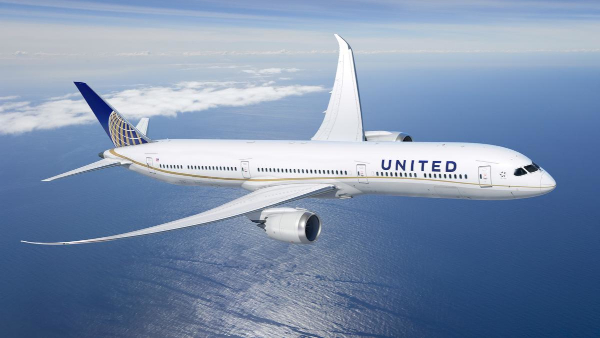International commercial passenger flights have begun landing in India from November 15 after the long prohibition due to the COVID-19 pandemic situation.
According to reports, fully vaccinated international travellers will be able to now visit India depending on fulfilment of regular and pandemic containment rules.
While programmes such as Vande Bharat and air bubble pacts with specific countries had previously set off the skies for passenger flights, full-fledged commercial flights were not authorized to operate.
The central government also stated it has scheduled to issue 500,000 free visas until March 2022 to encourage tourism and related sectors.
In October 2021, the Union Ministry of Home Affairs (MHA) had begun permitting fresh Tourist Visas to foreigners coming to India by chartered flights (with effect from October 15). And had stated that foreign tourists travelling to India by flights excluding chartered aircraft would be able to do so with effect from November 15.
The ministry also stated that all COVID-19 procedures and norms notified by Ministry of Health & Family Welfare have to be obeyed to by foreign tourists, carriers carrying them into India and other stakeholders at arrival stations.
The Union Ministry of Health and Family Welfare has issued a guideline for international passenger arrivals on November 11, 2021, which stipulates protocols to be obeyed with international travellers as well those to be followed by airlines, points of entry (airports, seaports and land border) for risk profiling of passengers.
Some of the basic requirements include – submission of self-declaration form on the online Air Suvidha portal prior to the scheduled travel, upload a negative COVID-19 RT-PCR report with test conducted within 72 hours in advance of undertaking the journey, submit a declaration with regard to authenticity of the report and will be accountable for criminal prosecution, if found otherwise, etc.
Children below five years of age are exempted from both pre- and post-arrival testing. Though, if found symptomatic for COVID-19 on arrival or during home quarantine period, they shall undergo testing and be treated as per laid down protocol, according to the guideline.
The guideline also stated that there are countries which have agreement with India on mutual recognition of vaccination certificates of nationally recognised or WHO recognised vaccines. Correspondingly, there are countries which currently do not have such an agreement with India, but they exempt Indian citizens fully vaccinated with nationally recognised or WHO recognised vaccines. On the basis of reciprocity, the travellers from all such countries which provide quarantine-free entry to Indians are permitted certain relaxations on arrival, etc.
Though, international travellers entering through seaports/land ports will also have to go through the same protocol except that facility for online registration is not available for such passengers currently, according to the guideline. Such travellers mean to present the self-declaration form to the concerned authorities of Government of India at seaports/land ports on arrival.
India had banned all international flights in March 2020.
You may also like
-
Trade Connect E-platform For Exports Is Single Window, Fast, Accessible And Transformational: Shri Piyush Goyal
-
Dot Simplifies Approval Processes For Telecom Licenses And Wireless Equipment
-
Coal Production and Supply Trends on Positive Trajectory
-
Union Minister To Release Booklets On Promotion Of Indigenous Species & Conservation Of States Fishes
-
2nd India-Japan Finance Dialogue held in Tokyo on 6th September, 2024
